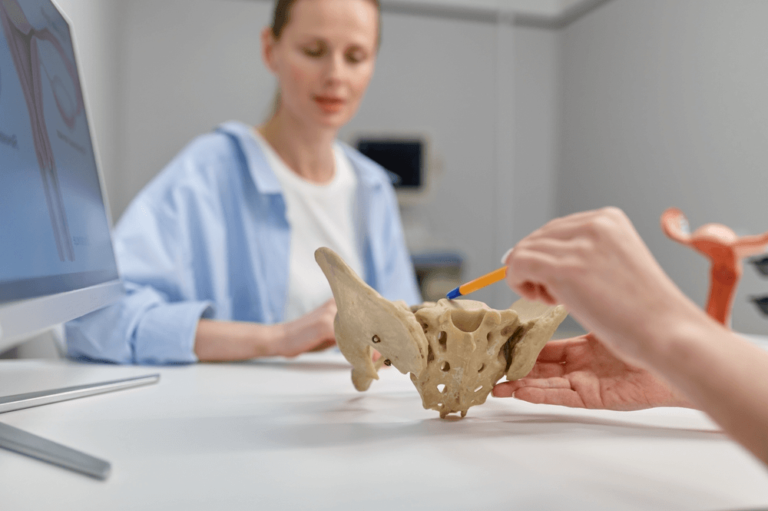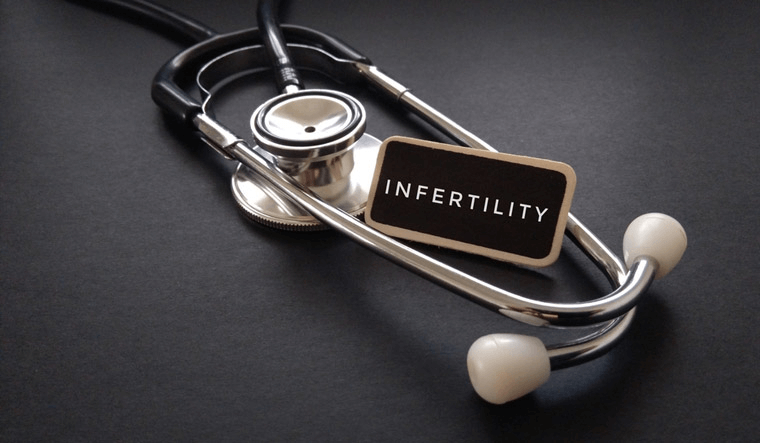Understanding Fetal Alcohol Syndrome: Causes, Symptoms, Diagnosis, and Prevention

Pregnancy is a time when expecting mothers are advised to avoid certain substances to protect their baby’s health. One of the most significant concerns is alcohol consumption. Drinking alcohol during pregnancy can severely impact fetal development, potentially leading to a condition known as fetal alcohol syndrome (FAS). This comprehensive guide will delve into what FAS is, its causes, symptoms, and how it is diagnosed and treated. We will also discuss preventive measures and available support for families affected by this condition.
What is Fetal Alcohol Syndrome?
Defining Fetal Alcohol Syndrome
Fetal alcohol syndrome (FAS) is a serious condition that results from alcohol exposure during pregnancy. When a pregnant woman consumes alcohol, it crosses the placenta and affects the developing fetus. Since a baby’s body cannot metabolize alcohol as efficiently as an adult’s, the substance can cause significant harm. FAS is characterized by a range of lifelong issues, including:
- Physical Abnormalities: Distinctive facial features and growth deficiencies.
- Behavioral Problems: Difficulty with impulse control and social interactions.
- Developmental Challenges: Learning disabilities and delays in reaching developmental milestones.
Fetal Alcohol Spectrum Disorder (FASD)
FAS is part of a broader category called fetal alcohol spectrum disorder (FASD), which encompasses several related conditions:
- Partial Fetal Alcohol Syndrome (PFAS): Symptoms are similar to FAS but less severe.
- Alcohol-Related Birth Defects (ARBD): Physical malformations not necessarily involving the central nervous system.
- Alcohol-Related Neurodevelopmental Disorder (ARND): Neurodevelopmental issues without physical abnormalities.
- Neurobehavioral Disorder Associated with Prenatal Alcohol Exposure (ND-PAE): Behavioral and cognitive issues.
Causes of Fetal Alcohol Syndrome
How Alcohol Affects the Developing Fetus
Fetal alcohol syndrome occurs when alcohol in the mother’s bloodstream crosses the placenta to the fetus. Unlike adults, fetuses cannot process alcohol effectively, leading to its accumulation in the amniotic fluid. This prolonged exposure can severely damage the developing brain, organs, and spinal cord. Key points include:
- Alcohol Absorption: Alcohol directly affects the fetus, as it accumulates in the amniotic fluid, leading to extended exposure.
- Developmental Impact: Damage to vital organs and brain development occurs due to this exposure.
- Risk of Miscarriage: Alcohol consumption can increase the risk of miscarriage.
The Safe Drinking Threshold
Current research does not define a safe level of alcohol consumption during pregnancy. The consensus among health professionals is that the safest approach is complete abstinence from alcohol throughout pregnancy, including when planning to conceive. Even occasional heavy drinking can impact sperm quality, affecting the chances of fetal alcohol syndrome.
Impact of Alcohol Before Pregnancy Awareness
Early Pregnancy and Alcohol Consumption
Many women worry about the effects of alcohol consumed before they knew they were pregnant. The risk to the baby is generally lower if alcohol consumption stops once pregnancy is confirmed. The primary concern is minimizing further exposure and seeking medical advice.
Symptoms of Fetal Alcohol Syndrome
Physical Symptoms
Fetal alcohol syndrome presents a range of physical symptoms that may not always be visible at birth but can become apparent as the child grows. Common physical signs include:
- Facial Features: Small eyes, a thin upper lip, a smooth philtrum, and a short, upturned nose.
- Growth Issues: Smaller head size, low birth weight, and slow growth rates.
- Structural Abnormalities: Cleft palate or lip, and limb deformities.
Developmental Symptoms
Children with FAS may face various developmental challenges:
- Early Childhood: Problems with sleep, feeding, and settling.
- Learning and Behavior: Difficulty with learning, speech delays, coordination issues, and behavioral problems such as hyperactivity and poor social skills.
- Mental Health: Increased risk of mental health issues like anxiety and depression later in life.
Determining the Amount of Alcohol that Causes FAS
Understanding the Risks
There is no known safe amount of alcohol during pregnancy. The risk of fetal alcohol syndrome increases with the quantity and frequency of alcohol consumption, though even low levels can be harmful. The effects vary depending on the stage of pregnancy:
- First Trimester: Higher risk of facial abnormalities and brain development issues.
- Second Trimester: Increased risk of miscarriage.
- Third Trimester: Affects growth and brain development.
Diagnosis of Fetal Alcohol Syndrome
Diagnosis Process
Diagnosing FAS involves a detailed evaluation, as no single test can confirm the condition. The process includes:
- Medical History: Reviewing the child’s growth history, birth details, and developmental milestones.
- Physical Examination: Checking for characteristic features and measuring height and weight.
- Blood Tests: To rule out other genetic conditions with similar symptoms.
Specialist Involvement
A multi-disciplinary team, including occupational therapists, speech therapists, and psychologists, may be involved in assessing the child’s development and behavior.
Living with a Diagnosis
Support and Treatment
While there is no cure for fetal alcohol syndrome, early intervention can significantly improve outcomes. Treatment may involve:
- Educational Support: Tailored learning strategies and additional support at school.
- Behavioral Therapy: Addressing behavioral and social skills challenges.
- Medical Care: Managing any associated health issues.
Prevention of Fetal Alcohol Syndrome
Abstinence During Pregnancy
The only way to completely prevent fetal alcohol syndrome is to abstain from alcohol during pregnancy. Stopping drinking as soon as possible can reduce the risk to your baby. If you are struggling to quit, seeking help from healthcare providers can offer support and resources.
Finding Support
Resources and Help
If you need support, your GP or midwife can provide information on local support groups and resources. The National Organisation for FASD offers help and information for families dealing with fetal alcohol syndrome.
Conclusion
Fetal alcohol syndrome is a severe and irreversible condition resulting from alcohol consumption during pregnancy. Understanding its causes, recognizing its symptoms, and seeking early diagnosis and support can make a significant difference in managing the condition. The best way to prevent FAS is to avoid alcohol entirely during pregnancy, ensuring the healthiest start for your baby.
FAQs
- What is the primary cause of fetal alcohol syndrome?
Fetal alcohol syndrome is caused by alcohol exposure during pregnancy, which harms the developing fetus. - Can drinking a small amount of alcohol during pregnancy cause FAS?
Even small amounts of alcohol can be harmful. There is no known safe level of alcohol consumption during pregnancy. - How is fetal alcohol syndrome diagnosed?
Diagnosis involves a detailed medical history, physical examination, and possibly consultations with specialists. - What are the long-term effects of fetal alcohol syndrome?
Long-term effects can include physical abnormalities, developmental delays, learning difficulties, and behavioral issues. - How can fetal alcohol syndrome be prevented?
The best prevention is complete abstinence from alcohol during pregnancy. Seeking support from healthcare providers can help if quitting is challenging.






